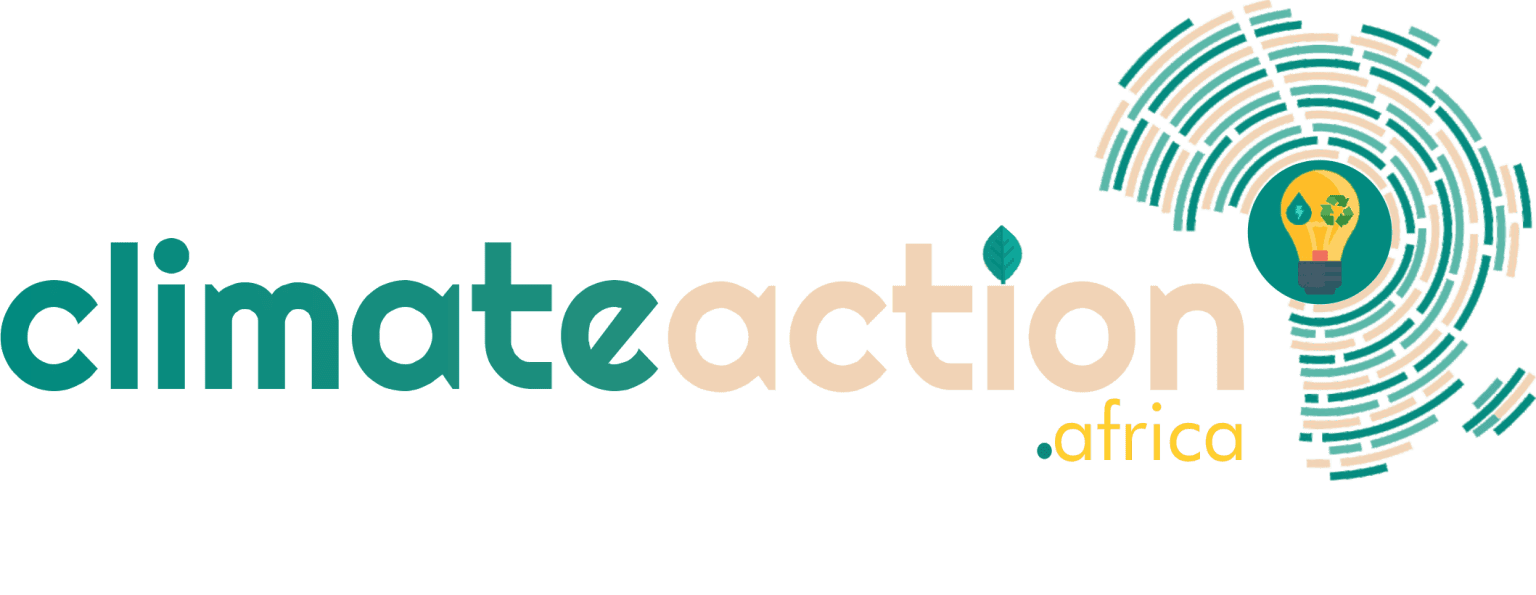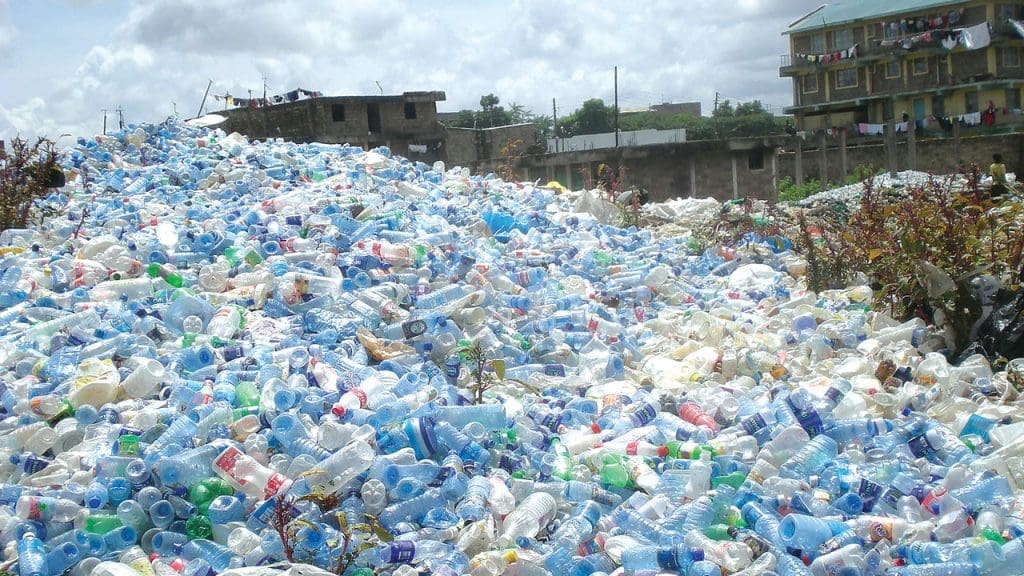Our dependency on plastic is causing great damage to the environment. This is because plastic waste is one of many types of waste that do not decompose easily – taking anywhere between 20 to 500 years to degrade in landfills.
To make matters worse, about 91% of all the plastics produced in the world aren’t recycled. What this means is that tons of plastic products that ended up in the dumpsites are still very much around. Yikes!
With so much plastic waste on the planet, human health, the climate, as well as marine life, are at huge risk due to interaction with the synthetic substances in plastics.
To tackle the global plastic epidemic and also solve Africa’s growing plastic waste crisis by promoting the circular economy and recycling best practices, Kaltani, a clean-tech plastic recycling, and waste management company, has raised a US$4 million funding round.
Kaltani will use the seed funding to open 20 new collection and aggregation centers across Nigeria and increase its staff strength to over 500 people. These updates will augment its capacity substantially, allowing the company to recycle up to 15,000 tonnes of plastic waste each year.
“The world has a plastic pollution crisis. Plastic waste is an environmental disaster causing environmental degradation to our oceans, aquatic life, the air we breathe and our health. With the amount of plastic waste produced set to continue skyrocketing, the world desperately needs actionable and scalable solutions. At Kaltani, we have already proven that our solution and model work effectively and efficiently with a thorough A-Z value chain solution, and we are beyond excited to commence our expansion into other parts of Nigeria,” said Engineer Obi Charles Nnanna, Founder, Kaltani.
Kaltani’s technology utilizes data analytics, predictive analytics, and geo-mapping to ensure transparency and traceability throughout the value chain.
The startup has a team of 100 spread across its collection centers, recycling factory, and offices, that employ systematic scalable steps to reduce PET, PE, PP Plastic pollution, and municipal solid waste.
The process is simple – bottles and other plastic waste are collected and transported to collection centers for aggregation and processing, and eventually taken to its recycling factory. At the factory, plastics are then converted into hot-washed PET flakes, and PE and PP pellets which are then sold to FMCG companies for thermoform, sheet, packaging, bottling, and fiber applications.



